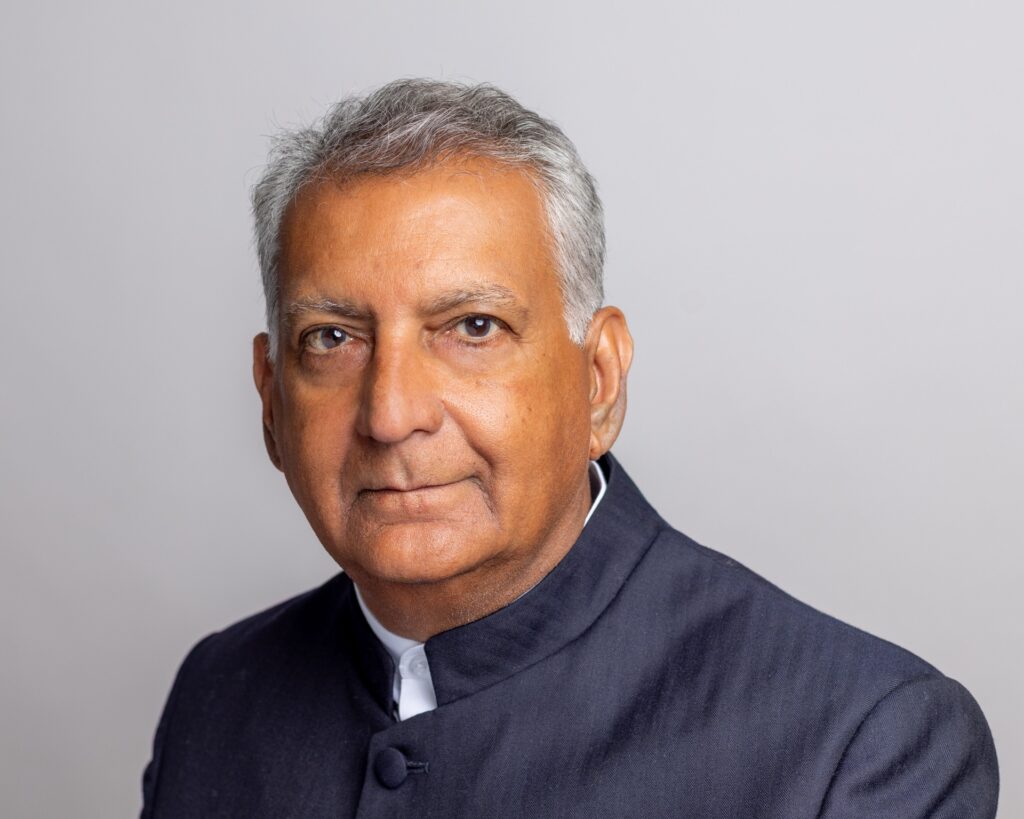Sara Moseley calls for the next Welsh Government to do more to tackle mental health issues.
The pandemic has placed the physical and mental health of the nation under unprecedented pressure, as well as the formal and informal networks and services that support us all.
Whilst the mental health story for some will be of a tough time that they came through with the virtual support available to them, for others there will be more of a lasting legacy. In compounding existing inequalities it has brought into sharp relief the challenges facing services and support, which now need to be addressed with urgency and leadership.
Wales has some of the most progressive mental health and wellbeing legislation in the world, so we should be in a good position to meet these experiences. The Mental Health Measure confers a right to treatment through primary care. A ‘way in’ that is closer to us and responsive.
If you need more intensive help, care and treatment plans are put in place as part of a therapeutic partnership between the individual and the person co-ordinating their care. At their best, these provide an empowering pathway to recovery that holistically addresses the wider circumstances, from housing to employment, which may be negatively impacting your mental health.
If you have left secondary mental health services and feel you need to go back, you have the right to self-refer back to those services. What’s more, ‘Together for Mental Health’, the national strategy, looks across sectors and services. It recognises that NHS mental health services are only a part of what keeps us well and helps us get better.
“Where you live and your experiences, the social determinants of mental health, are crucial to our ability to stay well.”
Yet we already knew before the pandemic that despite these frameworks being in place, all too often people struggled to access the help and support needed in a timely way. The ‘way in’ was not well marked, and our young people, in particular, were telling us in every way they could that they needed us all to do better by them.
Most of all, we knew that where you live and your experiences, the social determinants of mental health, are crucial to our ability to stay well. We have not seen the positive framework fully translate into improved support, access and experiences.
So what have the past few months taught us, and, crucially, how do we go about turning this knowledge into prioritising and delivering change? During lockdown, we heard from over 16,000 people across the UK, including more than 900 people from Wales.
As Mind Cymru understanding better the experiences of those of us with mental health problems during this period has allowed us to shape our own response and help inform Welsh Government, NHS Wales & others.
More than half of the adults and three quarters of the young people in Wales who responded told us their mental health had worsened. As well as anxiety about the virus and its effects, loneliness and isolation was a real driver of poor mental health – especially amongst young people.
“The defining factors in how people have coped are starkly socio-economic.”
Lots of people told us they didn’t ask for help because they didn’t feel they deserved it and didn’t want to be a burden. Despite all the progress we have made through Time to Change Wales and a huge change in societal norms, the stigma related to saying you may be unwell is clearly still widespread and is deeply internalised.
Despite this, a third of young people and just under a fifth of adults did ask for help. Many could not get it. Especially young people who often said that the struggle to access support, in itself, made them more unwell.
One of the truisms of the past six months is that the pandemic has magnified inequalities. This is certainly the case for mental health. The defining factors in how people have coped are starkly socio-economic.
Bluntly, if you are worried about how you’ll pay your bills, feed, clothe and house yourself and your family; if you are somewhere unsafe with people who mistreat you and you can’t get out; if you are juggling childcare, work and other worries it is difficult to stay well, let alone recover.
It is welcome that the Welsh Government and WCVA have stepped in to strengthen the pandemic response. Mind Cymru’s funded direct-access talking therapy service ‘Active Monitoring’ is seeing people who are experiencing anxiety, depression and anger – often as they live in these very circumstances.
Syniadau uchelgeisiol, awdurdodol a mentrus.
Ymunwch â ni i gyfrannu at wneud Cymru gwell.
It has been incredibly sobering to hear from people about their own mental health and the absolute absence of support in many cases. A tweak here and there is not going to get us to where we need to be. Nor is an imbalance toward talking about long-term prevention and ‘wellbeing’ which can be a comfort-blanked against doing what is needed right now. We have to look at the people’s lives in the whole and the whole system, to prevent, protect and support.
Even before the pandemic, there has been rising demand for support for some time, with some services being under considerable pressure leading to many people waiting unacceptable lengths of time before being able to access support.
Indeed, mental health has been the subject of several inquiries by various Senedd Committees in recent years, with more planned before the end of the term. These have highlighted significant challenges within mental health support at multiple levels across Wales, making a range of recommendations for action. This has created a clear framework for change. A framework that must now be delivered at pace.
Whilst the ten year Together for Mental Health strategy will come to an end in 2021, the improvements needed will not. This will require a refreshed cross-government strategy that centres mental health in decision-making across departments, recognising the investment needed to improve experiences and access for people.
One that tackles the wider social determinants of mental health whilst rapidly delivering transformative change to mental health support with a resolute focus on tackling inequalities, particularly as they impact on Black, Asian and Minority Ethnic communities and those living in poverty.
One that places urgency in tackling the growing need from young people for early non-medicalised support for their mental health, whether through school, our health services or in communities. Delivering the transformative change in crisis care that has long been discussed but too slow to deliver. Preventing crisis, by ensuring early access to a range of support through primary and secondary care. Finally, underpinning it all with a program to continue to tackle the stigma in our communities, which prevents people from speaking out and getting help.
As Mind Cymru, we have today launched our priorities for the next Welsh Government; it is a roadmap for lasting change.
Over the coming months, we will be asking our campaigners and others to share their experiences and join us in calling on the Senedd to Stand to hear the voices of people with experience and act. To stand for better mental health. We won’t accept anything less.
All articles published on the welsh agenda are subject to IWA’s disclaimer.
Photo by Emma Simpson on Unsplash





